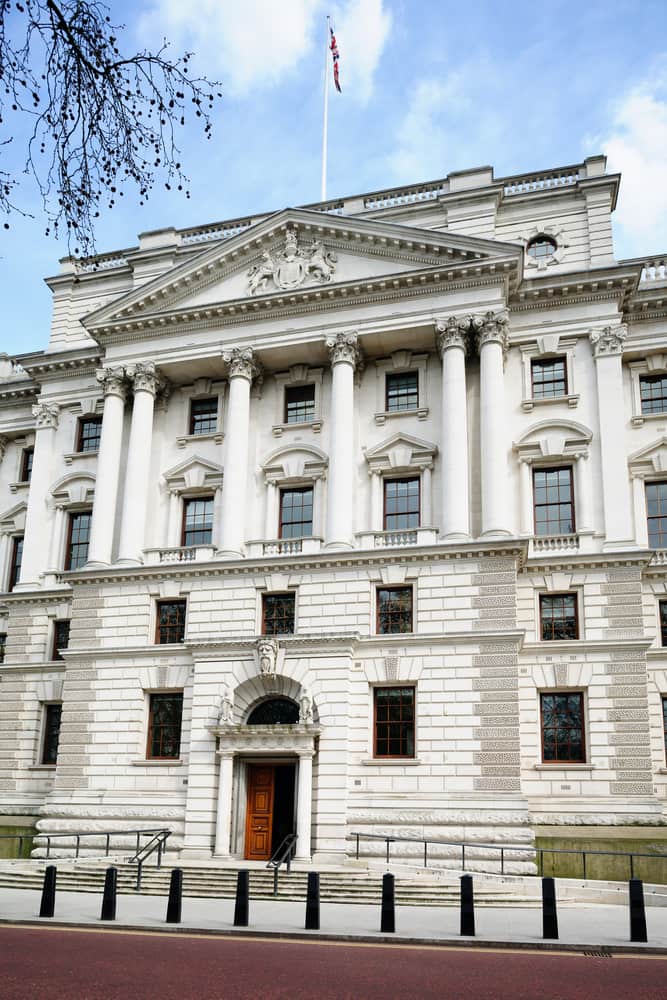The conclusion was reached in the organisation’s economic and fiscal outlook for March, published on the same day as the Treasury’s Spring Statement yesterday (13 March).

OBR is a non-departmental public body set up by the government to provide independent economic forecasts and scrutiny of public spending.
Scotland’s BMW landfill ban comes into effect from 1 January 2021, having been approved by ministers in 2012. Biodegradable waste is described as “any waste capable of undergoing anaerobic or aerobic decomposition such as food, garden waste, paper and cardboard”.
Data shows that in 2017, a total of 1.98 million tonnes of biodegradable municipal waste was sent to landfill in Scotland.
Concerns
In recent months concerns have been raised from both the Scottish Environmental Services Association (see letsrecycle.com story) and the Convention of Scottish Local Authorities (see letsrecycle.com story) that the country lacks sufficient energy from waste capacity to deal with the waste that has until now been sent to landfill.
This is now supported by the OBR which, in its assessment yesterday, suggested several scenarios that could play out following the introduction of the ban.
According to the report, as much as 89% of BMW could ‘directly or indirectly’ be diverted to landfill sites in England, with a resulting £70 million per year of landfill tax receipts transferring from the Scottish to the UK government.
“This occurs from Scottish waste being landfilled in England, and from Scottish waste displacing English waste in incinerators or in export markets with this displaced waste in turn being landfilled in England.”
Additionally the report suggests that some waste could continue to be landfilled in Scotland, and pay the full rate in landfill tax, but could be wrongly classified as not being from a municipal source, or could be illegally dumped.
However, OBR admits that despite being classed as a ‘policy risk’ there is a level of uncertainty involved in assessing the potential impact of the measure on future landfill tax revenue.
Related Links
Office for Budget Responsibility – Economic and fiscal outlook











Subscribe for free